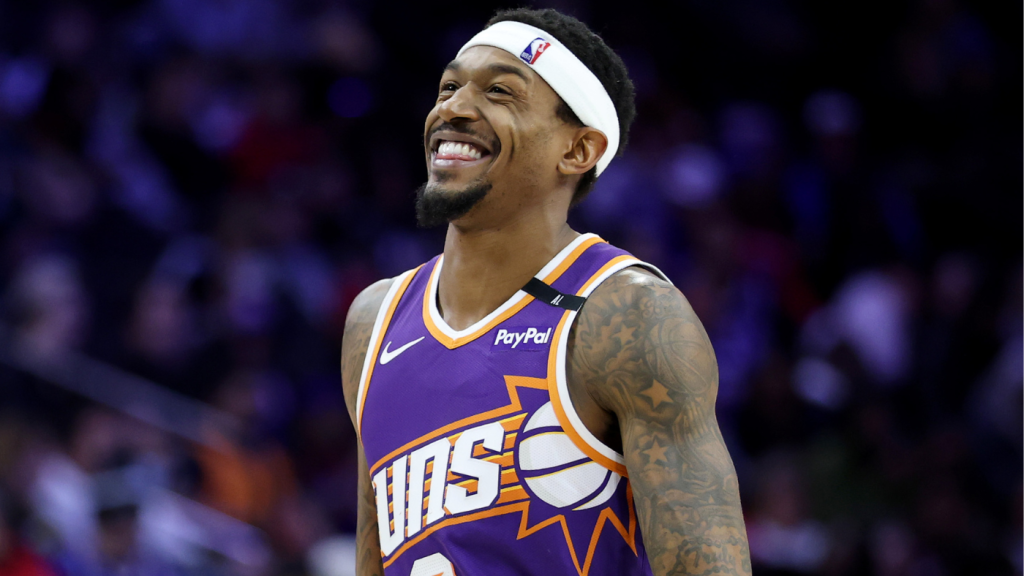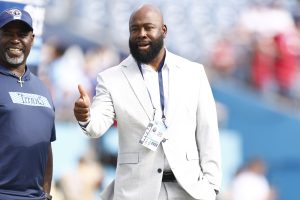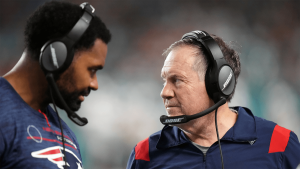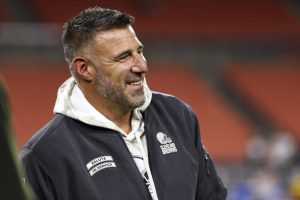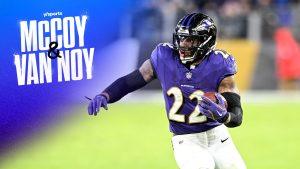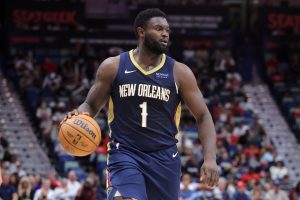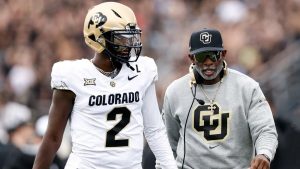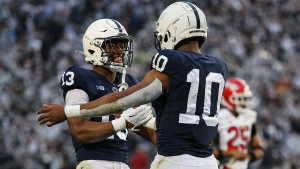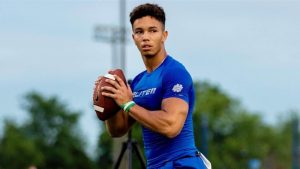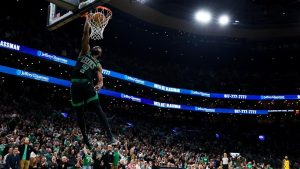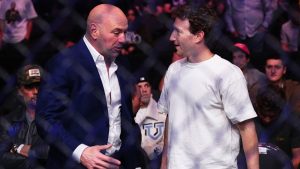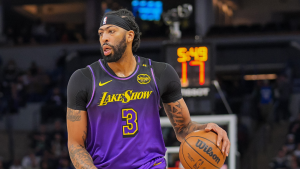Phoenix won its first game with Beal coming off the bench, and he scored 25 points
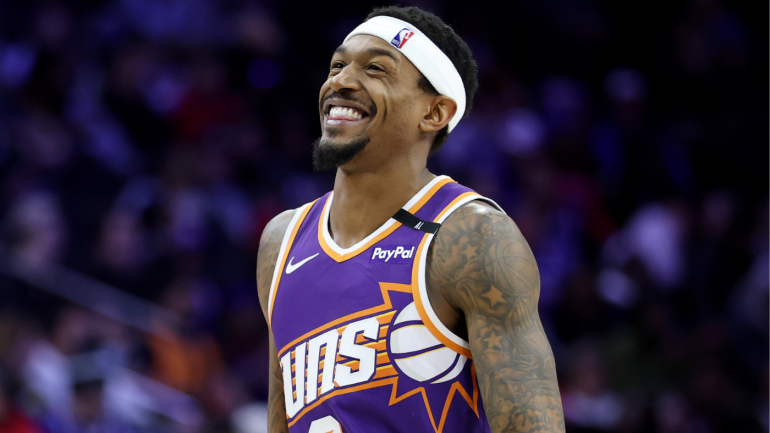
Rarely do players earning max salaries take kindly to role reductions. Carmelo Anthony literally laughed at the idea of coming off the bench when it was presented to him at his introductory press conference with the Oklahoma City Thunder. Russell Westbrook spent most of his first season with the Los Angeles Lakers fighting off a possible benching and his second season with them begrudgingly accepting it. It’s an inevitable part of life in the NBA. Superstars, for the most part, have been superstars their entire lives. But they get old. Eventually, it makes sense for them to play less. Rarely do they take it well.
Bradley Beal is still getting used to the idea.
The Suns moved Beal, a three-time All-Star, to the bench for the first time on Monday. He called the move “a little difficult” after a 10-point win over the 76ers, but to his credit, he didn’t fight it.
“Coach made a decision,” Beal explained. “I’m not going to sit there and argue with him. I’m not going to sit here and be a distraction. I’m not going to sit here and be an asshole.” Far from it, Beal was not only a model citizen on Monday, but arguably Phoenix’s best player.
Coming off of the bench for the first time since 2016, Beal scored 25 points on 10-of-14 shooting. Phoenix won his minutes by 14 points in a 109-99 victory, and lost the minutes he spent on the bench by four points. In terms of both shooting and playing time, Beal was still an integral part of Phoenix’s game plan on Monday. The only difference was that he came off of the bench. It was a change that made plenty of intuitive sense.
It’s no secret that the Suns could potentially try to trade Beal for Jimmy Butler right now. Beal’s no-trade clause is going to make that difficult even if the Suns can find a taker for his contract (which has two years and more than $110 million remaining after this season). But the mere attempt is proof that the Suns know what we do: Beal is a questionable fit at best with Devin Booker and Kevin Durant. There are obvious reasons for that. It’s hard to build a worthwhile defense with three max salaries that all emphasize offense. It’s hard for any single ball-handler to be especially valuable on a roster in which he’s sharing the ball with multiple other star handlers, to say nothing of the point guards they imported this season. All three have had health issues.
But put most simply, Beal, Booker and Durant mostly do the same things. There are two types of offensive superstars: those who create advantages, and those who make tough shots. A star can theoretically do both. Durant, at his peak, did so. A great team should have both, and Durant’s Warriors teams were a great example of one that did. Stephen Curry and Klay Thompson created advantages. Defending them stretches defenses so far that Golden State got an endless parade of easy layups once those defenses collapsed. Durant gave them a historic shot-maker to punish defenses when they didn’t.
Beal and Booker aren’t Curry and Thompson. They aren’t leveraging their remarkable ball skills to create looks for others, at least not to the degree that an advantage-creating star should. They don’t collapse defenses or stretch them. They take shots that most players make at low percentages and hit them at reasonable percentages. Durant, at this stage, is mostly the same. They don’t amplify each other. There’s not much value gained by playing them together.
So Mike Budenholzer split them up on Monday. It worked. Beal, the weakest of the three stars, got to punish worse bench lineups. He was fresh when Booker and Durant were tired. They still did mostly the same things, but they could at least do them at different times, and the players that shared the court with them actually could do different things, most notably defend and rebound.
This doesn’t magically fix the Suns. They’re still paying three players with similar skill sets roughly $150 million combined. That doesn’t leave much room for balance, and even if it did, the Suns don’t exactly have the draft capital to trade for it. This is still a lopsided roster. Budenholzer is just deploying the least lopsided lineups at his disposal. Even if that doesn’t fix the Suns, it puts them in the best possible position to succeed given the limitations they still have.
